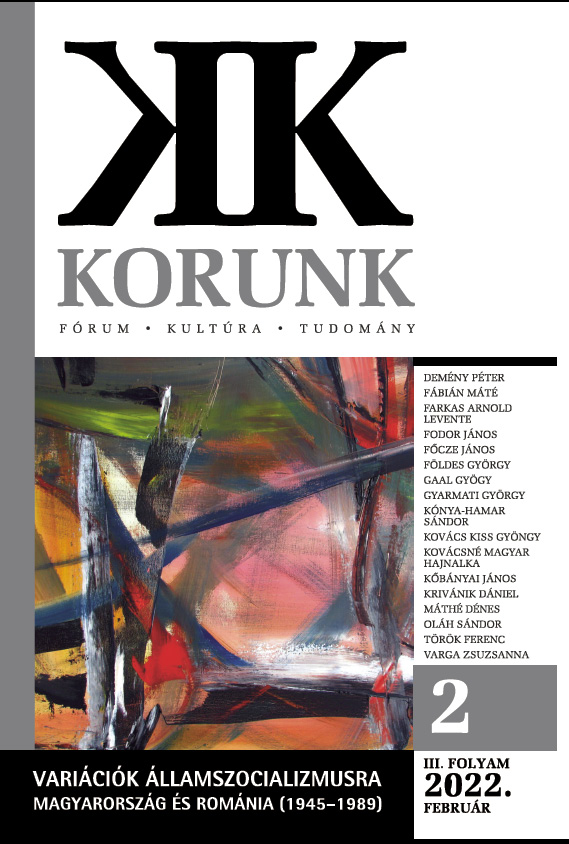A magyar mezőgazdaság szocialista és kapitalista elemei az államszocializmus időszakában
Socialist and capitalist features of the Hungarian agriculture in state socialism
Author(s): Zsuzsanna VargaSubject(s): Agriculture, Post-War period (1950 - 1989)
Published by: Korunk Baráti Társaság
Keywords: Hungarian agriculture; socialist and capitalist elements; state socialism
Summary/Abstract: The history of the Hungarian agriculture in state socialism demonstrates two trans-systemic transfers in one country in the Cold War era. The Eastern transfer transplanted the Stalinist system of socialist agriculture into a capitalist agriculture and in a short time triggered a serious crisis in terms of both production and supply, contributing to revolution of 1956. The post-1956 political leadership wanted above all to make peace with the peasantry to ensure a stable food-supply and improving living standards. This ’agrarian lobby’ was able to transform peasant initiatives from below in to policies which gradually turned Hungarian producer cooperatives away from the Soviet kolkhoz; and it also convinced the leadership not only to open up to the West but also permit the transfer of knowledge and technology. As a result of the successful adaptation of the „closed production systems” (poultry and eggproduction, cornproduction) by the 1970s a specific hybrid agriculture emerged in Hungary and quickly generated a dramatic rise in production.
Journal: Korunk
- Issue Year: 2022
- Issue No: 02
- Page Range: 36-46
- Page Count: 11
- Language: Hungarian

